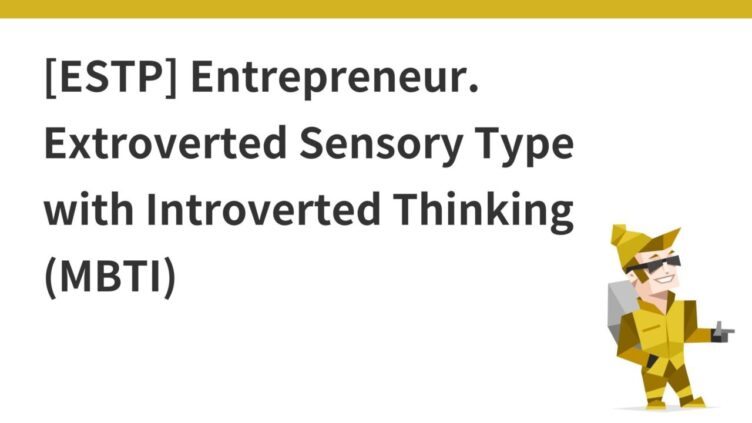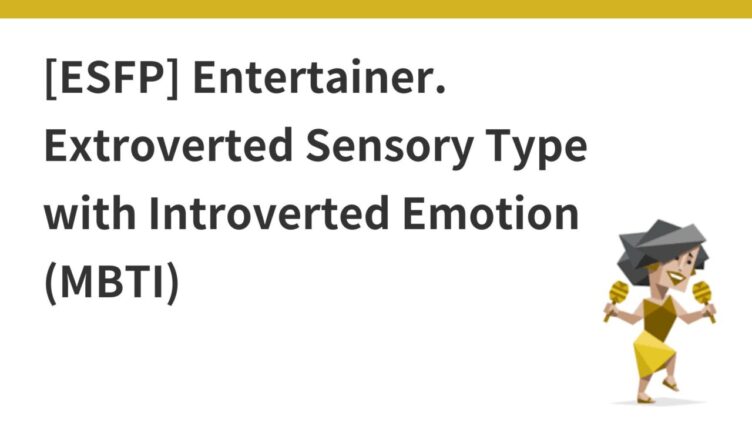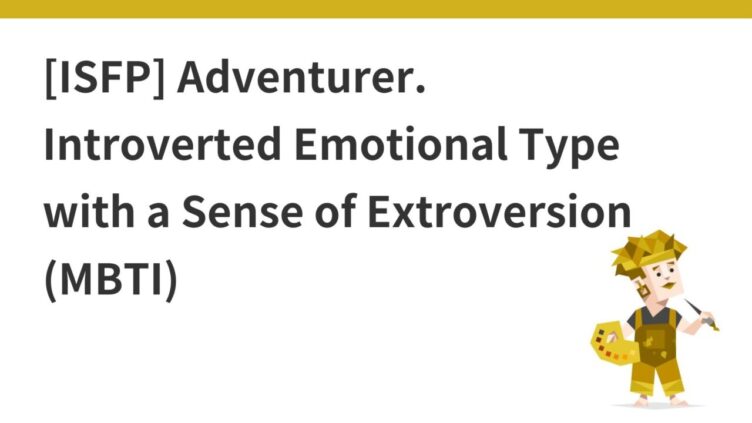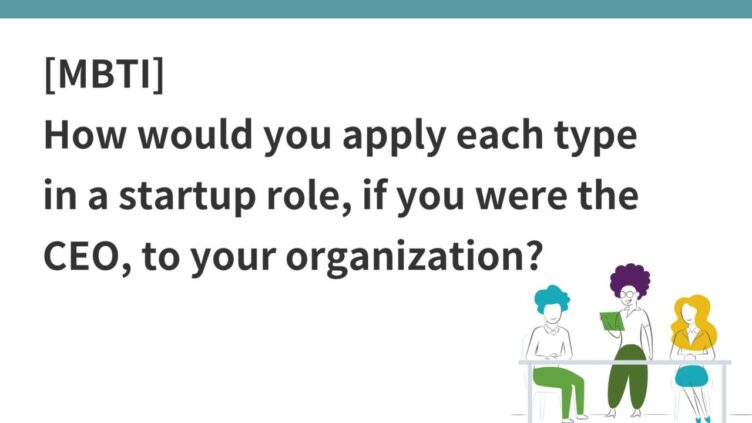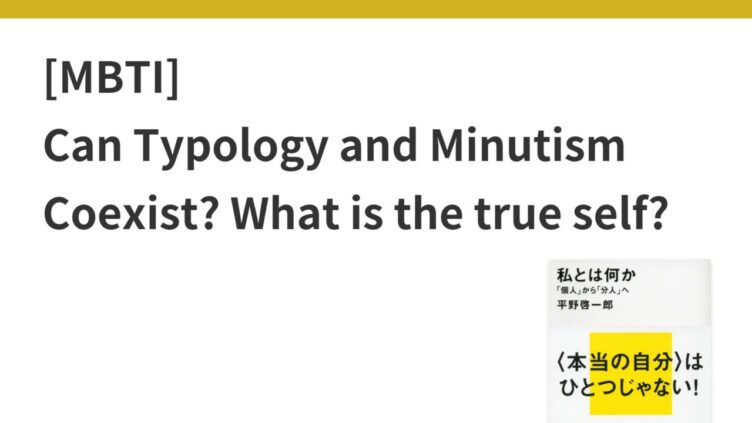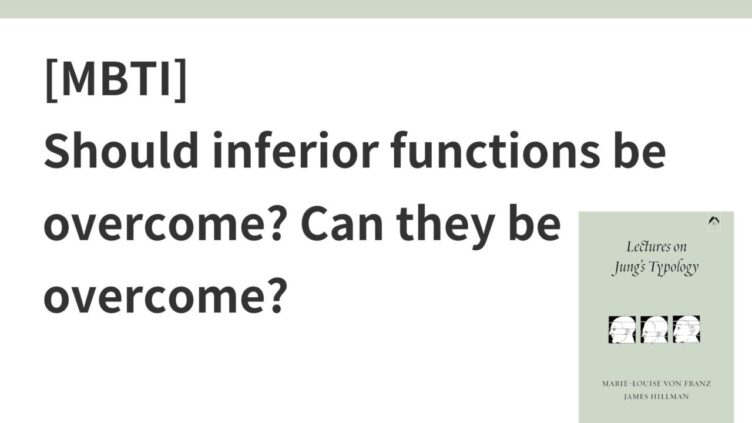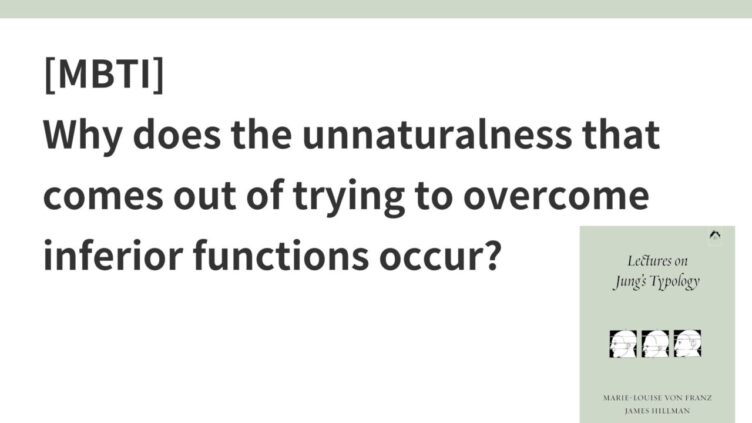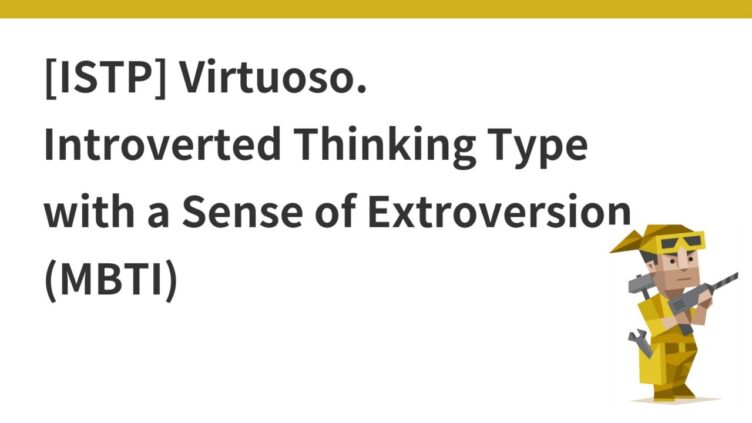
[ISTP] Virtuoso. Introverted Thinking Type with a Sense of Extroversion (MBTI)
ISTP is a cognitive function of Ti-Se and therefore a realistic rationalist. They analyse situations and problems logically and find real, practical solutions. My impression is that the term 'tough loner' best describes this type.The degree of unwillingness to be bound by rules and regulations is the highest among MBTI's. Although he has considerable emotional ebbs and flows on the inside, he rarely shows them on the outside and is often seen as a rational and calm person.
